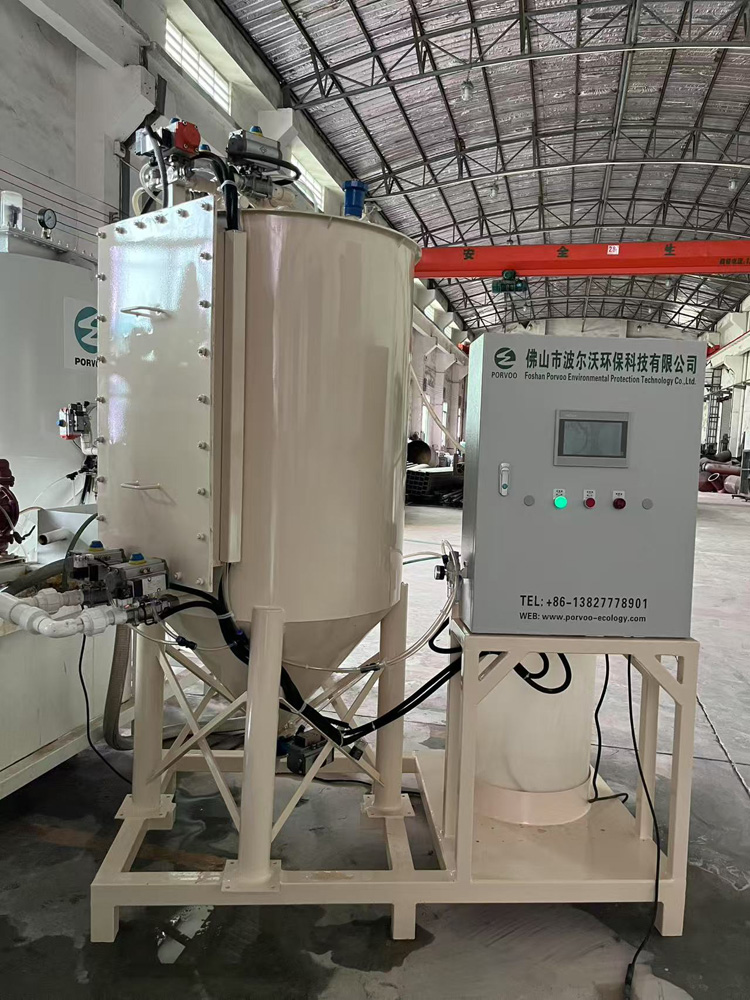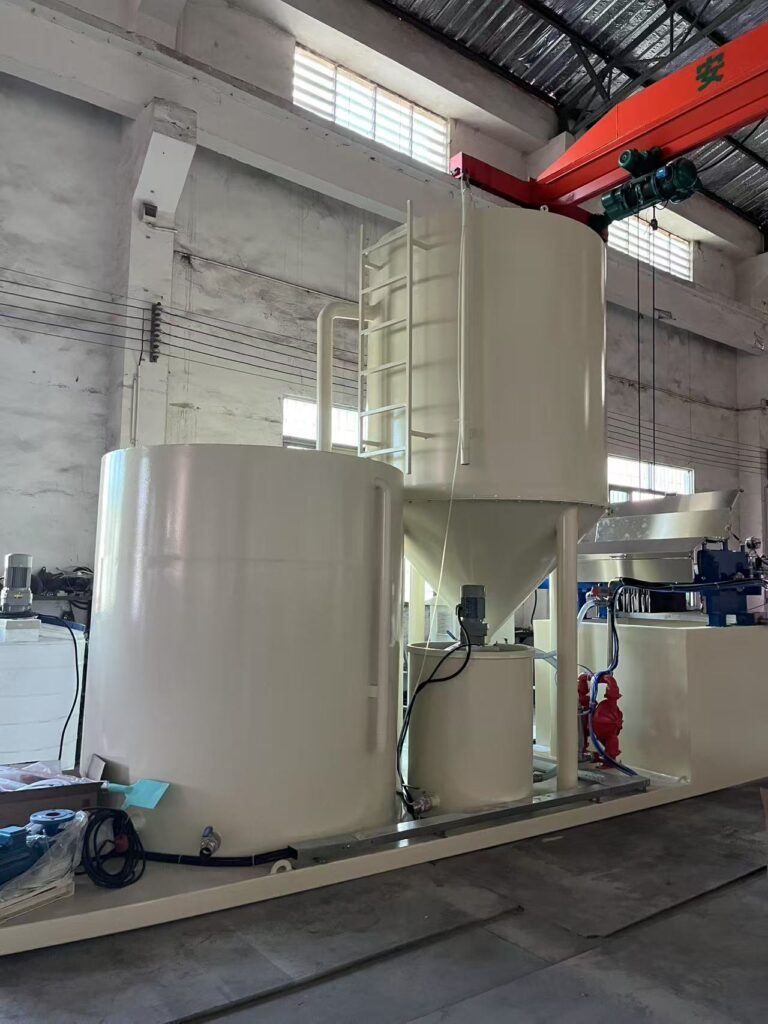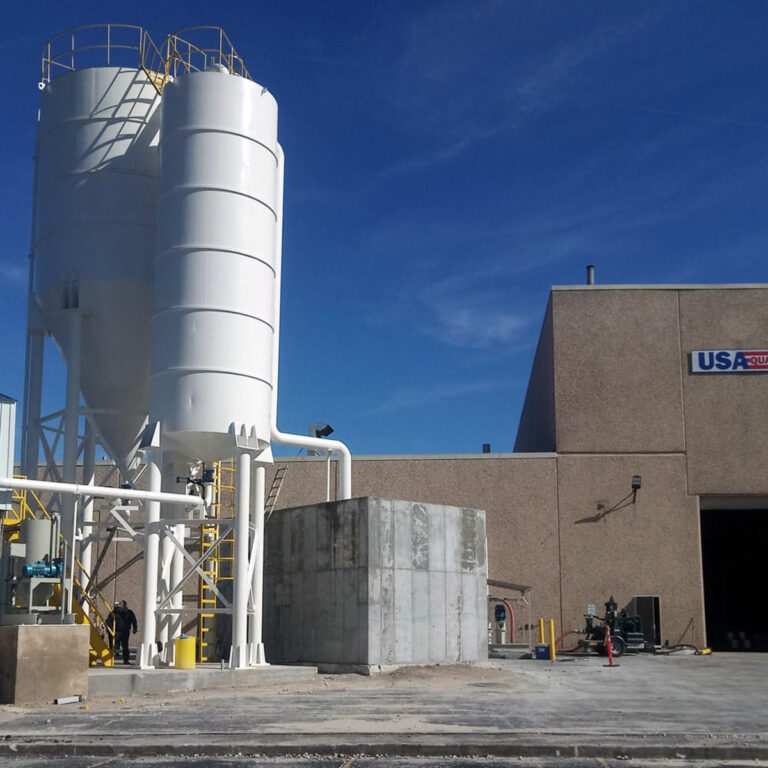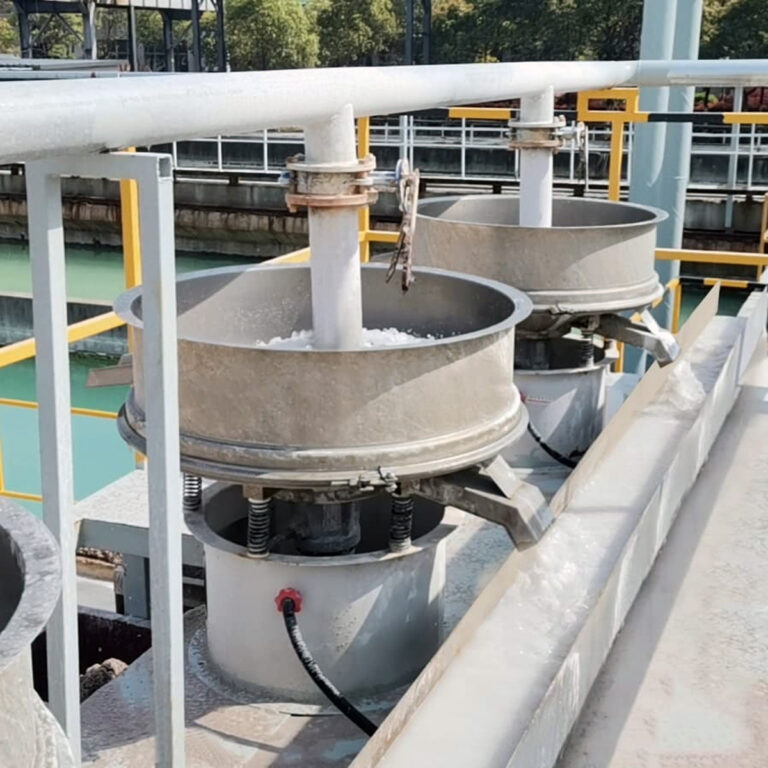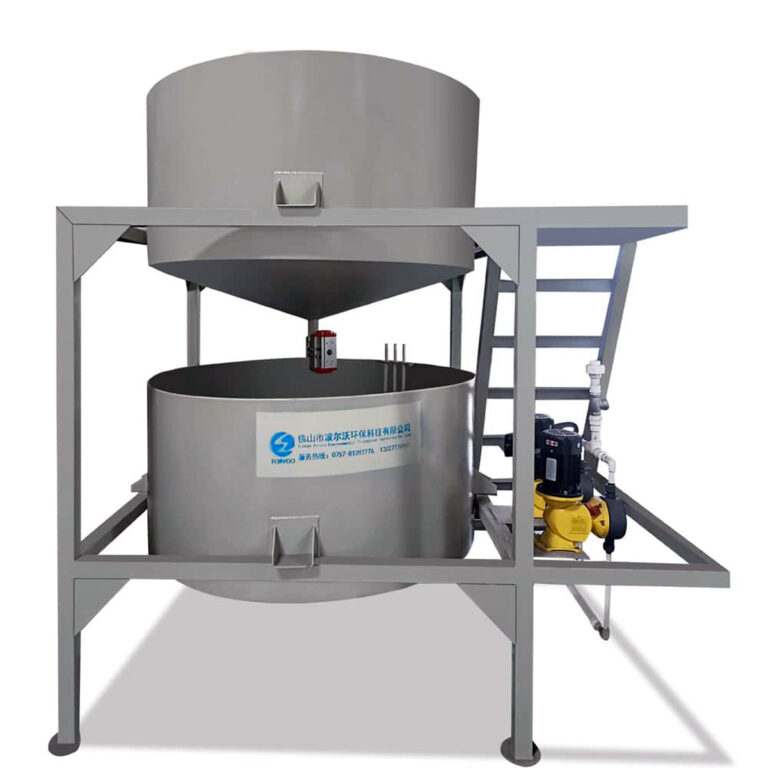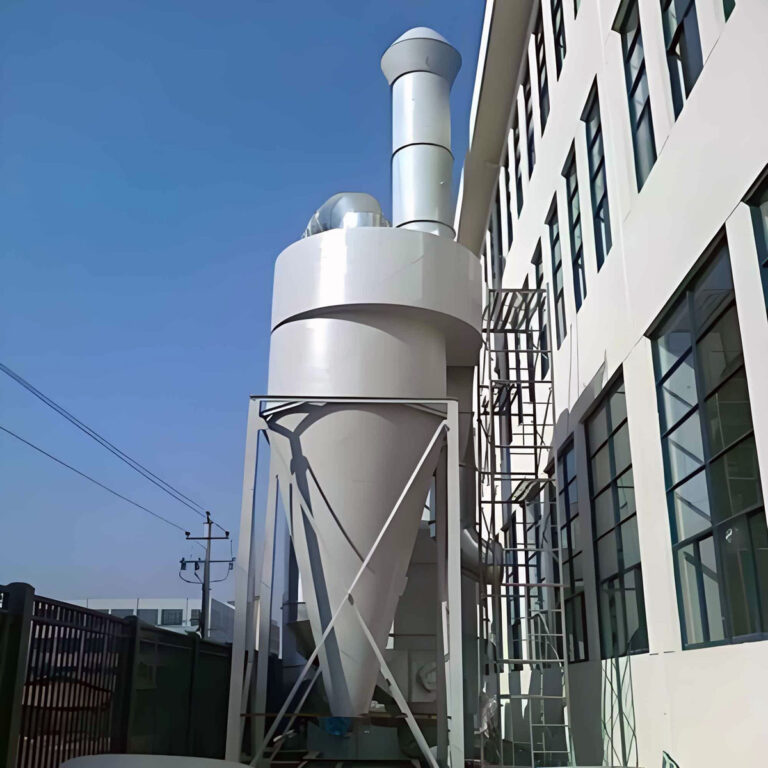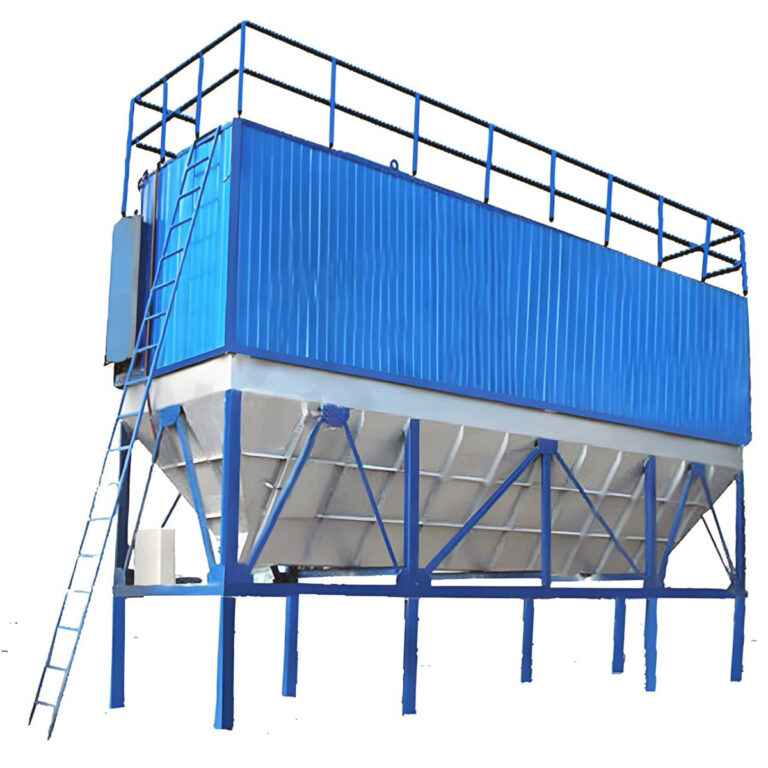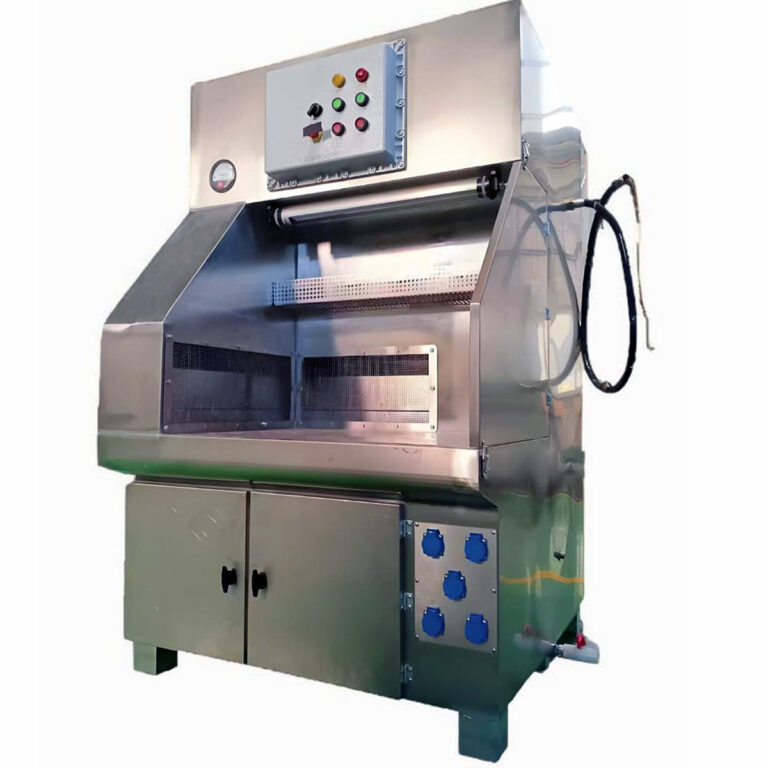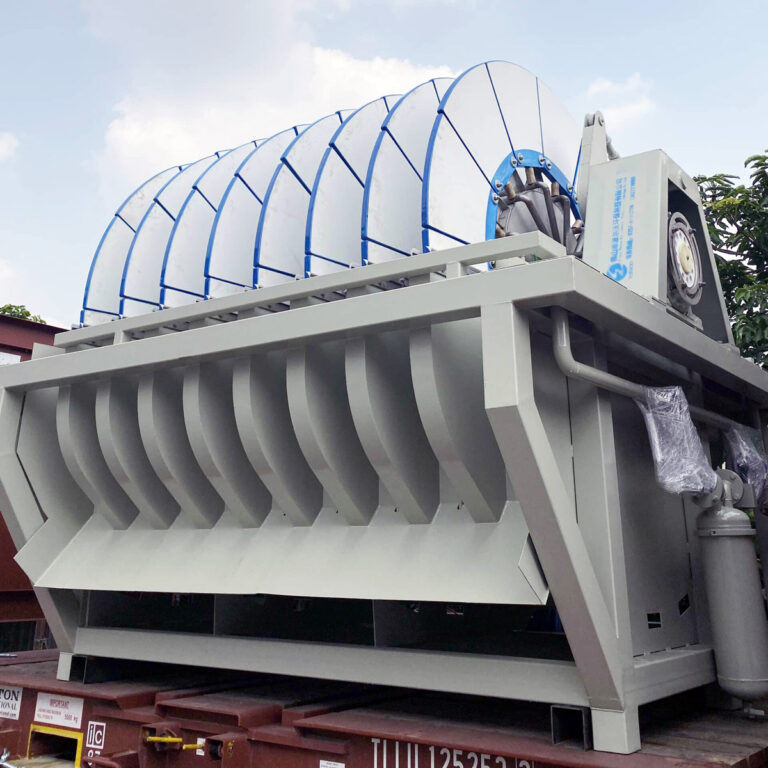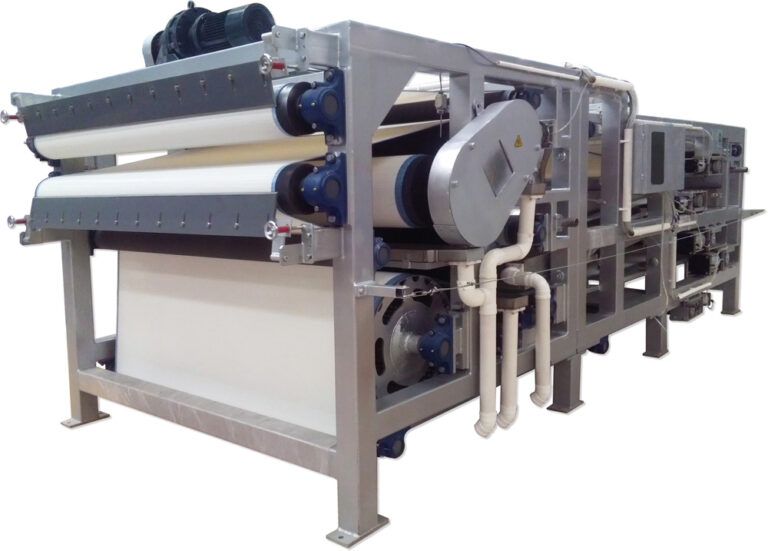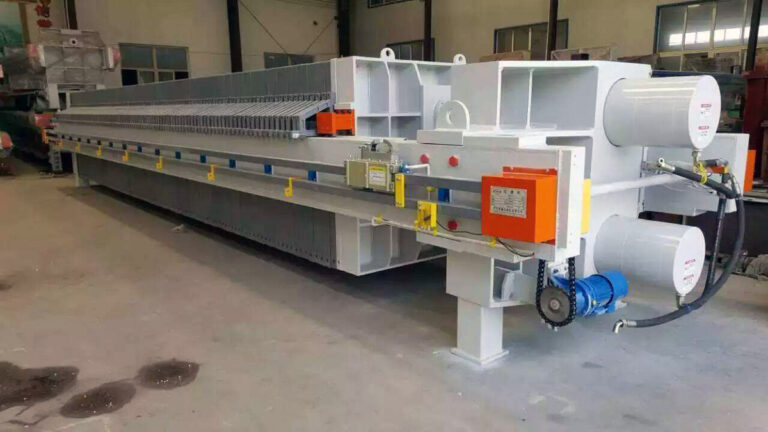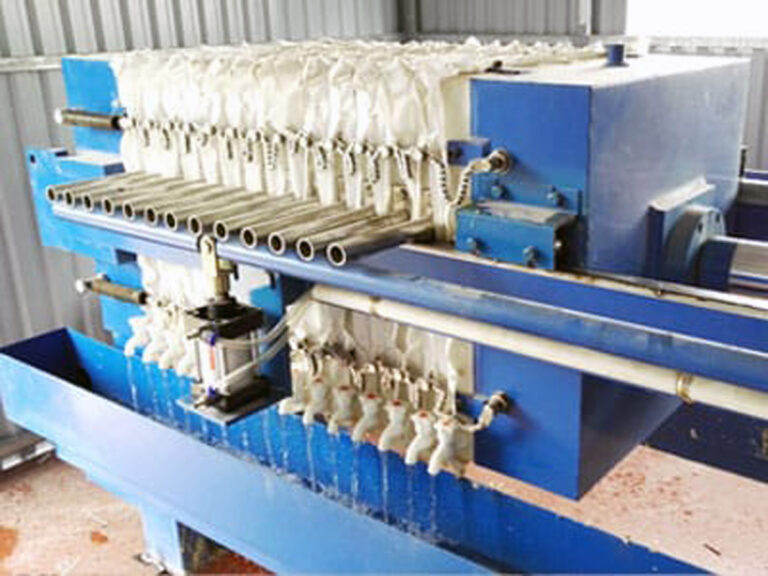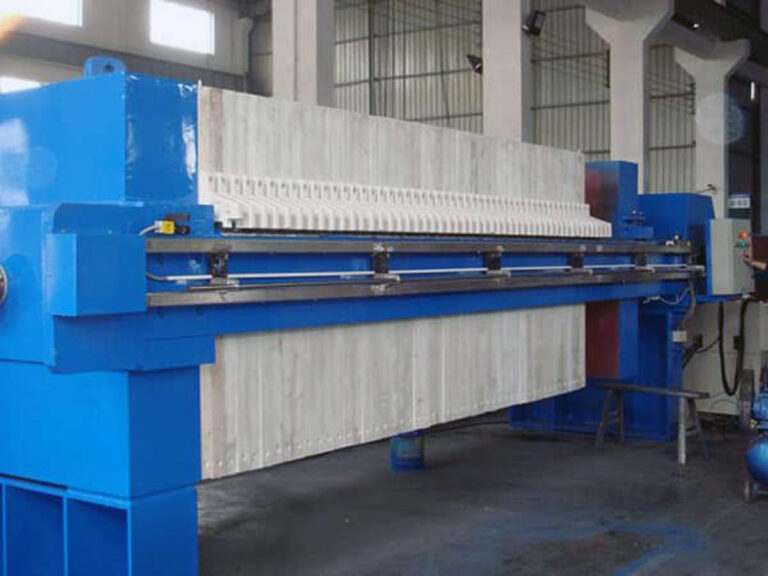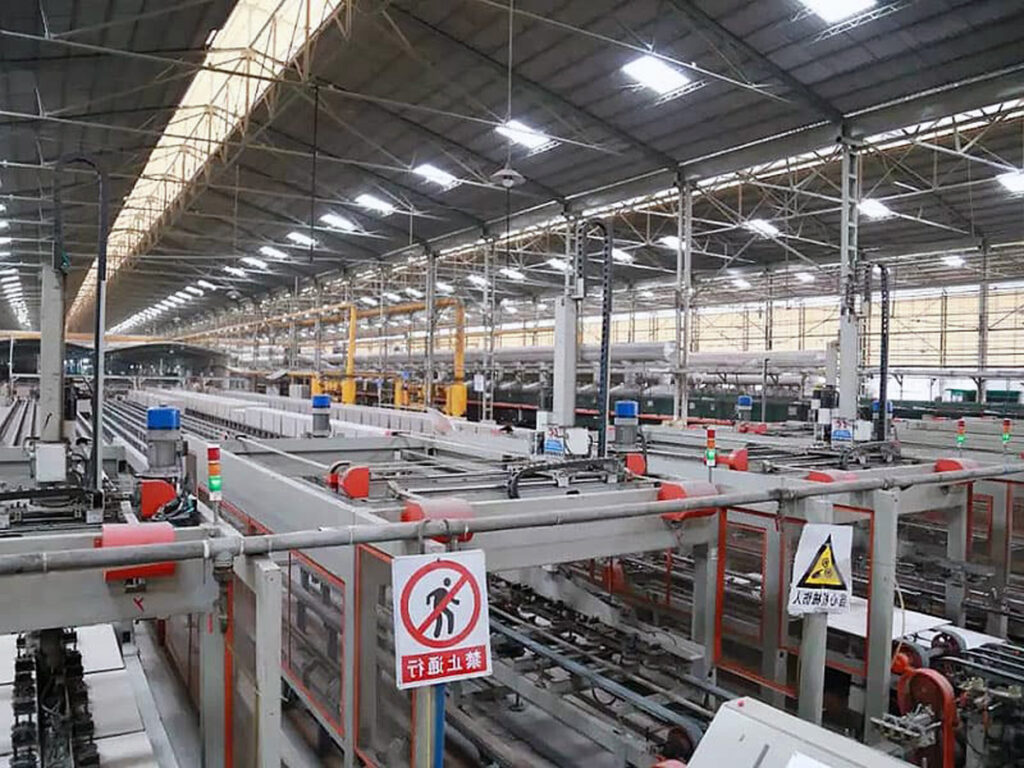Have you ever wondered if expensive branded filter presses truly justify their premium price tags? Many industrial facilities spend 40-60% more on name-brand filtration equipment without realizing that generic filter press alternatives can deliver identical performance at a fraction of the cost. This pricing disparity has created a significant financial burden for manufacturers, particularly small to medium enterprises operating on tight budgets.
The consequences of overspending on filtration equipment extend beyond initial capital expenditure. Companies often find themselves locked into proprietary maintenance contracts, facing inflated spare parts costs, and experiencing longer lead times for replacements. When production line efficiency depends on reliable solid-liquid separation, these factors can severely impact operational profitability and competitiveness.
This comprehensive guide explores how universal filter press systems and alternative filtration solutions can solve these challenges while maintaining the same technical standards and performance metrics. You’ll discover proven strategies for selecting compatible equipment, understand the real-world performance differences, and learn how leading manufacturers have successfully implemented PORVOO generic filtration solutions to optimize both costs and operations.
What is a Generic Industrial Filter Press?
A generic filter press represents a cost-effective alternative to brand-name filtration equipment, engineered to meet identical technical specifications and performance standards without the premium pricing associated with proprietary designs. These systems utilize standardized components and proven filtration principles to deliver reliable solid-liquid separation across diverse industrial applications.
Core Components and Design Philosophy
Universal filter press systems incorporate the same fundamental elements as their branded counterparts: hydraulic systems, filter plates, filter cloths, and frame assemblies. The key difference lies in the manufacturing approach – generic equipment manufacturers focus on proven designs rather than proprietary innovations, resulting in 30-50% cost savings without compromising functionality.
Modern generic filtration equipment often exceeds industry standards for build quality and performance. Many manufacturers utilize advanced materials like polypropylene and stainless steel components, ensuring corrosion resistance and longevity comparable to premium brands. The standardized design approach also means replacement parts are more readily available and competitively priced.
Technical Specifications and Performance Metrics
Generic filter presses typically operate within pressure ranges of 15-30 bar, with filtration areas spanning from 10-2000 square meters depending on application requirements. Processing capacities range from 100-10,000 liters per cycle, making them suitable for everything from small-scale chemical processing to large municipal wastewater treatment facilities.
Performance data from independent testing laboratories shows that well-engineered generic systems achieve 95-98% solids recovery rates, matching or exceeding branded equipment performance. Cycle times average 2-4 hours depending on material characteristics and desired moisture content, with automated systems reducing manual intervention requirements by up to 80%.
How Do Generic Filter Presses Compare to Brand-Name Equipment?
The performance gap between generic and branded filter presses has narrowed significantly over the past decade, with many alternative manufacturers now utilizing identical component suppliers and manufacturing processes. Independent comparative studies reveal that operational efficiency differences are typically less than 3-5%, well within acceptable tolerances for most industrial applications.
Performance Benchmarking Analysis
| Performance Metric | Generic Filter Press | Branded Filter Press | Difference |
|---|---|---|---|
| Solids Recovery Rate | 95-98% | 96-99% | <3% |
| Filtration Speed | 2-4 hours/cycle | 2-3.5 hours/cycle | <15% |
| Maintenance Frequency | 6-month intervals | 6-8 month intervals | Minimal |
| Operating Pressure | 15-30 bar | 15-32 bar | Negligible |
Quality Control and Manufacturing Standards
Leading generic filtration equipment manufacturers have invested heavily in quality control systems, often achieving ISO 9001 certification and adhering to international safety standards. Many facilities utilize the same CNC machining centers and quality inspection protocols as premier brands, ensuring consistent dimensional accuracy and surface finish quality.
However, it’s important to acknowledge that some generic manufacturers may cut corners on materials or quality control processes. Due diligence becomes crucial when selecting suppliers, requiring thorough evaluation of manufacturing facilities, quality certifications, and customer references. The variance in quality among generic suppliers can be substantial, making careful selection essential.
Service and Support Considerations
While branded manufacturers often provide comprehensive service networks and extended warranty coverage, many generic suppliers have developed competitive support structures. Some alternative manufacturers offer 24/7 technical support, on-site training programs, and warranty periods extending up to 24 months.
Our experience working with industrial clients shows that universal filter press systems from reputable manufacturers typically require similar maintenance intervals and have comparable component lifespans. The key differentiator often lies in the availability of local service technicians and the speed of spare parts delivery.
What Are the Key Advantages of Universal Filter Press Systems?
Cost efficiency represents the most compelling advantage of generic filtration equipment, with initial capital savings of 30-60% compared to premium brands. These savings compound over time through reduced spare parts costs, with compatible components often priced 40-70% lower than proprietary alternatives.
Standardization and Compatibility Benefits
Universal filter press systems utilize standardized dimensions and connection interfaces, enabling easier integration with existing process equipment. This standardization extends to filter media compatibility, allowing operators to source consumables from multiple suppliers and avoid vendor lock-in situations.
The modular design philosophy common in generic equipment facilitates future capacity expansion without requiring complete system replacement. Adding plates or upgrading hydraulic systems becomes more cost-effective when working with standardized components rather than proprietary designs.
Operational Flexibility and Customization
Generic manufacturers often demonstrate greater flexibility in accommodating specific application requirements. Without rigid design constraints imposed by proprietary systems, these suppliers can modify plate configurations, adjust hydraulic specifications, or incorporate specialized materials to match unique process conditions.
A chemical processing plant in Texas recently implemented a customized generic filtration equipment solution that incorporated corrosion-resistant coatings and specialized drainage channels. The total project cost was 45% less than quoted alternatives from major brands, while meeting all performance specifications and safety requirements.
Reduced Dependency Risk
Relying on a single branded supplier creates potential supply chain vulnerabilities, particularly during equipment shortages or economic disruptions. Generic systems provide alternative sourcing options, reducing the risk of production delays due to parts availability or supplier-specific issues.
While generic equipment offers substantial advantages, potential buyers should consider that warranty coverage may be less comprehensive than premium brands. Additionally, some applications requiring cutting-edge technology or specialized certifications may benefit from the advanced R&D capabilities of established manufacturers.
Which Industries Benefit Most from Alternative Filter Press Solutions?
Manufacturing sectors with high-volume, standardized filtration requirements typically realize the greatest benefits from alternative filter press systems. Industries processing similar materials across multiple facilities can leverage economies of scale when standardizing on generic equipment platforms.
Chemical and Pharmaceutical Processing
Chemical manufacturers processing crystalline products, precipitates, and reaction byproducts find generic filter presses particularly well-suited to their needs. The batch processing nature of many chemical operations aligns perfectly with the operational characteristics of standard filter press designs.
Pharmaceutical companies, while requiring strict GMP compliance, can utilize generic equipment that meets FDA validation requirements. Several API manufacturers have successfully implemented cost-effective filtration solutions that maintain regulatory compliance while reducing equipment costs by 35-50%.
Mining and Mineral Processing
The mining industry’s focus on operational efficiency over equipment prestige makes it an ideal candidate for generic filtration solutions. Ore processing facilities, tailings dewatering operations, and mineral concentration plants benefit from the robust construction and straightforward maintenance requirements of non-branded filter press systems.
| Industry Sector | Typical Applications | Cost Savings | Implementation Time |
|---|---|---|---|
| Mining | Tailings dewatering, ore processing | 40-55% | 8-12 weeks |
| Chemical | Crystallization, precipitation | 30-45% | 6-10 weeks |
| Wastewater | Sludge dewatering, treatment | 35-50% | 4-8 weeks |
| Food Processing | Waste treatment, byproduct recovery | 25-40% | 6-12 weeks |
Municipal Wastewater Treatment
Municipal treatment facilities operating under budget constraints find generic equipment particularly attractive. The proven technology and straightforward operation of standard filter presses align well with the technical capabilities of municipal maintenance staff.
A mid-sized municipality in the Pacific Northwest replaced aging branded equipment with industrial filtration solutions that delivered identical performance at 42% lower cost. The project included comprehensive training and a five-year maintenance contract, ensuring smooth operations transition.
How to Select the Right Generic Filtration Equipment for Your Needs?
Successful selection of compatible filter press systems requires systematic evaluation of technical requirements, supplier capabilities, and total cost of ownership. The selection process should begin with comprehensive characterization of feed materials, including particle size distribution, settling characteristics, and chemical compatibility requirements.
Technical Specification Development
Material testing represents the foundation of proper equipment selection. Bench-scale filtration tests using representative samples help determine optimal pressure settings, cycle times, and filter media requirements. These tests should evaluate various operating conditions to identify the most cost-effective operational parameters.
Flow rate calculations must account for both peak and average processing volumes, with appropriate sizing margins to accommodate future capacity growth. Undersized equipment leads to operational bottlenecks, while oversized systems result in unnecessary capital expenditure and inefficient operation.
Supplier Evaluation Criteria
Manufacturing facility audits provide valuable insights into supplier capabilities and quality control processes. Key evaluation factors include equipment certifications, quality management systems, manufacturing capacity, and customer reference accessibility. Reputable suppliers welcome facility visits and provide transparent information about their manufacturing processes.
Financial stability assessment becomes crucial when considering generic suppliers, particularly smaller manufacturers offering attractive pricing. Long-term parts availability and service support depend on supplier viability, making financial due diligence an essential component of the selection process.
Performance Validation and Testing
Pilot testing using actual process materials provides the most reliable performance data for equipment selection. Many generic manufacturers offer pilot rental programs or performance guarantees based on customer-supplied samples, reducing the risk associated with equipment selection decisions.
In our experience, successful implementations typically involve close collaboration between the equipment supplier and end-user process engineers. This partnership approach ensures that equipment specifications align with actual operating conditions and performance expectations.
What Are Common Challenges with Non-Branded Filter Press Systems?
Quality consistency represents the primary challenge when sourcing generic filtration equipment, as manufacturing standards can vary significantly among suppliers. Unlike established brands with consistent quality control processes, generic manufacturers may exhibit substantial variations in build quality, material specifications, and performance reliability.
Quality Control Variations
Component sourcing practices among generic manufacturers range from premium suppliers to cost-focused alternatives, resulting in unpredictable equipment reliability. Critical components like hydraulic seals, filter plates, and electrical systems may utilize substandard materials that compromise long-term performance and increase maintenance requirements.
Documentation quality often falls short of industry standards, with incomplete technical manuals, limited troubleshooting guides, and insufficient spare parts identification. This documentation gap can significantly impact maintenance efficiency and operator training effectiveness.
Service and Support Limitations
Technical support availability may be limited compared to major brands, particularly for complex troubleshooting or emergency repairs. Some generic suppliers lack the technical depth and service infrastructure necessary to provide comprehensive post-sale support, leaving customers vulnerable during critical operational periods.
Parts obsolescence represents another significant concern, as smaller manufacturers may discontinue product lines or cease operations entirely. This risk necessitates careful evaluation of supplier stability and consideration of parts inventory strategies to ensure long-term operational continuity.
Performance Variability
While well-engineered generic equipment can match branded performance, inconsistent manufacturing quality may result in unit-to-unit performance variations. This variability can complicate process optimization and create ongoing operational challenges that offset initial cost savings.
However, these challenges can be mitigated through careful supplier selection, comprehensive testing protocols, and appropriate contract terms. Many successful implementations involve detailed performance guarantees and penalty clauses that protect buyers from substandard equipment performance.
How Much Can You Save with Compatible Filter Press Systems?
Total cost of ownership analysis reveals that generic filter press systems typically deliver 40-65% lifecycle cost savings compared to premium branded alternatives. These savings encompass initial equipment costs, ongoing maintenance expenses, and consumable material costs over the equipment’s operational lifespan.
Capital Cost Comparisons
Initial equipment pricing represents the most visible cost advantage, with generic systems priced 30-60% below comparable branded units. A recent comparative analysis of 50-plate filter presses showed average savings of $85,000-$150,000 per unit, depending on specifications and supplier selection.
Installation costs often favor generic equipment due to standardized mounting requirements and simplified utility connections. The absence of proprietary installation procedures reduces commissioning time and associated labor costs by 15-25%.
Operational Cost Analysis
Spare parts costs represent a significant ongoing expense advantage for generic systems. Compatible components typically cost 40-70% less than proprietary alternatives, with broader supplier availability reducing procurement lead times and inventory requirements.
| Cost Category | Generic Equipment | Branded Equipment | Savings |
|---|---|---|---|
| Initial Capital | $200,000-$350,000 | $300,000-$600,000 | 30-60% |
| Annual Maintenance | $15,000-$25,000 | $25,000-$40,000 | 35-45% |
| Spare Parts (5-year) | $30,000-$50,000 | $60,000-$100,000 | 40-60% |
| Total 10-year Cost | $350,000-$550,000 | $600,000-$1,000,000 | 40-65% |
Return on Investment Calculations
Manufacturing facilities implementing generic filtration solutions typically achieve payback periods of 12-24 months through direct cost savings alone. When considering improved process efficiency and reduced downtime, total ROI often exceeds 200-300% over the equipment’s operational lifespan.
A pharmaceutical manufacturing facility recently replaced aging branded equipment with advanced filtration systems that delivered $180,000 in annual savings while improving product quality and reducing processing time by 20%.
Conclusion
Generic industrial filter presses represent a compelling alternative to premium branded equipment, offering substantial cost savings without compromising performance or reliability. The key success factors include careful supplier selection, comprehensive technical evaluation, and realistic assessment of support requirements.
The evidence clearly demonstrates that universal filter press systems can deliver identical operational performance at 40-65% lower lifecycle costs. Manufacturing facilities across diverse industries have successfully implemented these solutions, achieving significant cost savings while maintaining product quality and operational efficiency.
Moving forward, the continued evolution of generic filtration technology and increasing supplier competition will likely expand the performance gap between cost and value. Organizations considering equipment upgrades should evaluate generic alternatives as a strategic opportunity to optimize capital allocation while maintaining operational excellence.
The critical next step involves conducting thorough supplier due diligence, material testing, and total cost of ownership analysis for your specific application. Consider requesting pilot testing opportunities and detailed performance guarantees to mitigate selection risks and ensure successful implementation.
As industrial filtration technology continues advancing, will your organization maintain status quo equipment procurement strategies, or will you explore the proven benefits of cost-effective generic solutions? The choice ultimately depends on your commitment to operational optimization and strategic cost management.
For organizations ready to explore these alternatives, comprehensive industrial filtration solutions provide the technical expertise and proven track record necessary to ensure successful implementation and long-term operational success.
Frequently Asked Questions
Q: What is a Generic Industrial Filter Press and how does it differ from brand-specific models?
A: A Generic Industrial Filter Press is a filtration device designed using standardized engineering principles, enabling it to perform liquid-solid separation similarly to brand-specific models but with greater flexibility. Unlike proprietary filter presses from original equipment manufacturers (OEMs), generic versions emphasize cross-brand compatibility, cost-effectiveness, and easier maintenance by using universal components such as hydraulic systems, membrane plates, and filtration chambers. This approach allows facilities to avoid supplier lock-in and customize their filtration setups with parts from different manufacturers, often achieving comparable or better operational performance to OEM systems.
Q: What are the main benefits of choosing Generic Industrial Filter Press alternatives over traditional branded options?
A: Choosing Generic Industrial Filter Press | Brand Alternatives offers several key advantages:
- Cost savings due to competitive pricing and avoidance of OEM premiums.
- Enhanced flexibility in selecting and replacing parts across brands.
- Supply chain resilience by not relying on a single manufacturer.
- Modular upgrades and hybrid configurations tailored to specific needs.
- Comparable filtration efficiency as generic presses operate on universal mechanical principles widely accepted in the industry.
These benefits can improve operational efficiency, reduce downtime, and optimize maintenance budgets.
Q: In which industries are Generic Industrial Filter Presses commonly used?
A: Generic industrial filter presses find applications across diverse industries requiring liquid-solid separation, such as:
- Mining and mineral processing for dewatering slurries.
- Chemical manufacturing for catalyst and pigment separation.
- Food and beverage for solid removal in liquid products.
- Municipal wastewater treatment for sludge dewatering.
- Metal recovery and recycling operations.
Their design versatility allows adapting to various solids concentrations and processing requirements while maintaining reliable, efficient filtration.
Q: How do Generic Industrial Filter Presses maintain filtration performance across different brands?
A: Filtration performance in Generic Industrial Filter Press | Brand Alternatives is maintained through:
- Use of standardized dimensions and connection protocols, ensuring compatibility of parts.
- Employing universal mechanical principles in hydraulic and membrane plate designs.
- Allowing substitution of up to 70-90% of components with compatible alternatives.
- Adjustable operating parameters such as pressure, filtration cycle time, and cloth type to meet specific process demands.
- Modular architecture that supports hybrid systems combining strengths of different manufacturers.
This ensures consistent cake dryness, throughput, and durability comparable to single-brand systems.
Q: What should be considered when integrating a Generic Industrial Filter Press into existing filtration systems?
A: When integrating a Generic Industrial Filter Press | Brand Alternatives into current setups, consider:
- Compatibility of hydraulic systems, plates, and membranes with existing equipment dimensions.
- Operational requirements like filtration cycle times, solids concentration, and desired cake dryness.
- Maintenance capabilities and ease of obtaining replacement parts from multiple sources.
- Potential for modular upgrades and hybridization with current brands to optimize performance.
- Control system integration to ensure seamless operation, as control compatibility can vary more than mechanical parts.
Proper evaluation helps maximize performance gains and cost benefits.
Q: Are there any limitations or challenges when opting for Generic Industrial Filter Press Brand Alternatives?
A: While generic alternatives offer flexibility and cost savings, some challenges include:
- Variability in control system compatibility, which may require custom integration efforts.
- Possible differences in component quality or warranty coverage compared to original brands.
- Need for skilled selection and matching of parts to maintain system integrity.
- Potential for slightly lower cross-brand compatibility in membrane components or filters compared to hydraulic parts.
Despite these considerations, many facilities successfully leverage generic options by focusing on standardized specifications and thorough supplier vetting.
External Resources
- Alternative Filter Press Brands | Generic Solutions – porvoo – This article evaluates generic industrial filter press solutions and alternative brands, emphasizing compatibility, cost-effectiveness, and performance comparison with major OEMs.
- Top 5 Membrane Filter Press Brands: 2025 Comparison – porvoo – Offers a comprehensive comparison of leading filter press brands, highlighting features, applications, and alternative options for industrial filtration.
- 51 Filter Presse Manufacturers in 2025 – Metoree – A directory of global filter press manufacturers, including companies that offer generic and alternative solutions suitable for industrial applications.
- What Is The Alternative To Filter Press? Top Dewatering Solutions … – Kindle Tech – Discusses alternative technologies to industrial filter presses, such as centrifuges and belt filter presses, detailing their working principles and suitability across industries.
- Industrial Filter Presses: Comparison and Applications – Filtration Technology – Reviews various industrial filter press types and alternatives, providing guidance on selecting generic and alternative brands for specific filtration needs.
- Guide to Choosing Generic Industrial Filter Presses – Water & Waste Processing – A guide focused on generic filter press selection, including brand alternatives and criteria for choosing reliable and cost-effective filtration systems.
